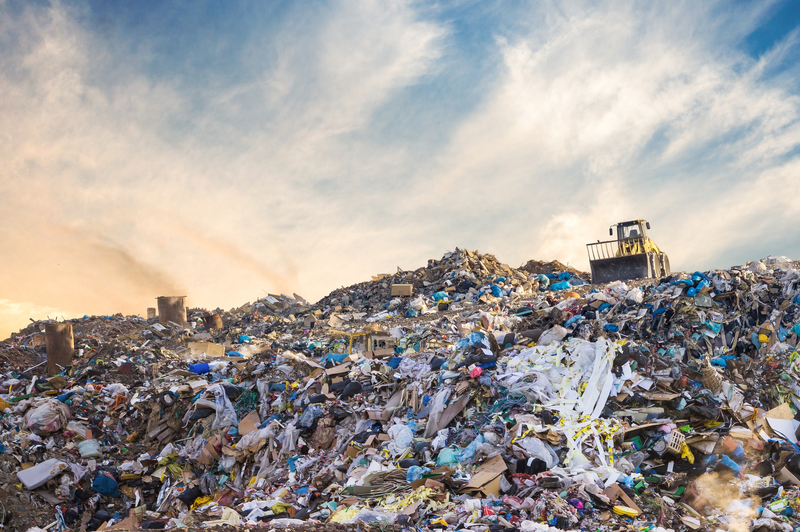The Environmental Protection Organization (EPA) is a federal agency charged with ensuring that people may live in a safe environment.
President Richard Nixon signed an executive order creating the Environmental Protection Agency in December 1970. The United States’ people and environment should be safe, which is the responsibility of a government agency. The Environmental Protection Agency, headquartered in Washington, DC, is responsible for developing rules and regulations about waste management that benefit people and the environment.
What Is The Purpose Of The EPA
The Environmental Protection Agency (EPA) is responsible for enacting and implementing environmental and human rights legislation.
The EPA’s purpose includes ensuring the cleanliness of the air, water, and land that people use and enjoy. They create and enforce environmental and dumpster rental laws, educate the public about the environment, conduct research and development, and provide funding to state programs, schools, and other non-profit organizations to assist them in accomplishing their missions, among other things.
What Is The Role Of The Government in Waste Management
Local governments face a significant challenge in providing waste management like residential trash and recycling services. Additionally, they are responsible for operating and managing landfills, coordinating education and awareness programs, supplying and maintaining trash infrastructure, etc.
The Environmental Protection Agency’s Mission Is To Safeguard The Environment.
The Environmental Protection Agency (EPA) is responsible for various functions, including preserving people’s health and the environment and enforcing environmental regulations. The EPA is a federal agency responsible for safeguarding public health and the environment in the United States.
The EPA’s primary mission is to safeguard public health and the environment by developing and implementing waste management rules based on legislation approved by Congress.
What Is A Mission Of The Environmental Protection Agency
The Environmental Protection Agency’s mission is to safeguard the environment’s cleanliness and safety. President Richard Nixon established the Environmental Protection Agency (EPA) in 1970 in response to rising public concern about the risks of pollution to humans and animals.
While pollution can occur naturally, the EPA is responsible for monitoring and dealing with pollutants created by people, and Additionally, they develop laws governing their handling and disposal. The Environmental Protection Agency (EPA) also contributes significantly to establishing regulations that dumpster rental corporations and other organizations must follow to minimize their environmental impact.
The Environmental Protection Agency (EPA) Enacts And Enforces Its Laws
The Environmental Protection Agency is responsible for investigating and preventing environmental crimes, monitoring pollution levels, and offering recommendations on properly disposing of dangerous items and waste. The EPA investigates and prosecutes individuals who violate the law as part of its broader policy.
Environmental Infractions
Environmental infractions fall into two categories: civil and criminal.
Environmental infractions would be civil offenses, even if the perpetrator were unaware. When a violation occurs, and the person who committed it is aware that their actions caused it, a criminal offense occurs. This is true for a large proportion of EPA investigations.
According to the CEO of Dumpster Rental Trenton Team, to be convicted of a crime, they must establish that you committed the offense beyond a reasonable doubt. Individuals who violate the legislation may face civil or criminal consequences ranging from monetary fines to environmental repair and criminal sanctions ranging from monetary relief to imprisonment.
The EPA Work May Be Classified Into Three Categories:
1. Establishing standards and environmental compliance procedures to achieve positive environmental outcomes and hold those who violate them responsible.
2. Knowledge is the dissemination of high-quality, targeted, and timely environmental and waste management data, information, and assessments to assist people in making more informed environmental decisions.
3. Advocacy entails collaborating with others like dumpster rentals to ensure that the environment is clean, productive, and well-protected and encouraging individuals to do environmentally friendly actions.
Most Nations Have Environmental Agencies Comparable To The EPA
Yes. For instance, China’s Ministry of Environmental Protection, like the environmental agencies of many other nations, performs many of the same functions as the EPA and has collaborated with it for more than 30 years.
Since 1974, when the Umweltbundesamt was established, environmental preservation has been a priority for Germany’s government. The EPA is the acronym for Russia’s Ministry of Natural Resources and Environment. Countries with senior government agencies charged with significant environmental and waste management responsibilities do not all operate similarly in terms of emphasis, organization, and performance.
What Constitutes Garbage In The Eyes Of The Environmental Protection Agency
The Environmental Protection Agency is the most powerful environmental protection organization in the United States. Legislation, both new and current, must adhere to specific requirements to be passed. They re-examine these requirements to ensure they are sufficiently stringent.
There are occasions when hiring a copywriter is necessary. Businesses must adhere to many requirements when dealing with hazardous trash in ways that are not always obvious. As a result, a business may choose to engage a title writer to generate distinctive phrases.
The Environmental Protection Agency of the United States of America is a governmental agency charged with environmental protection. The Environmental Protection Agency (EPA) enforces federal environmental laws. Additionally, they contribute to environmental science research and respond to global environmental crises such as oil spills and chemical weapons assaults. They wish to ensure the safety of both people and the environment.


